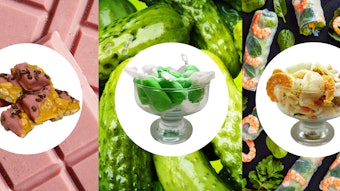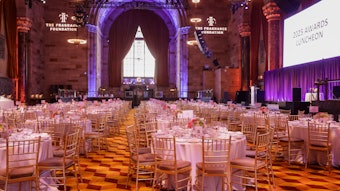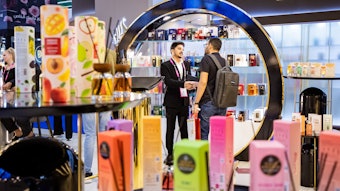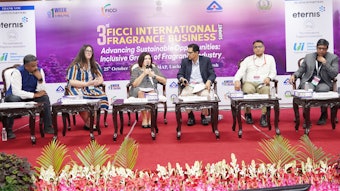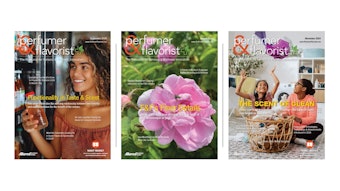What does it mean to be "green"?
Perhaps the most widely used, but ill-defined term in modern commerce, "green" has become ubiquitous. Just last week, the NBC network in the United States dedicated an entire week of broadcasting to green-themed programming. Consumer interest in this megatrend is impossible to ignore.
During last week's Women in Flavor and Fragrance Commerce "It's Not Easy Being Green" event, Green Marketing's Darrin Duber-Smith outlined the opportunities and fuzzy borders of the green world. While the term "natural" is not well-defined, the natural/organic segment is a $6 billion+ opportunity in the United States. While ingredient availability has hampered truly organic products in many categories, brands such as 7Up have recently repositioned brands as natural (a move that has met resistance).
Duber-Smith pointed out that green is part of a much larger set of concepts, including eco-friendliness, renewability, fair trade, sustainability and corporate social responsibility. While the speaker identified efficiency and cost reduction advantages as benefits of going green, price pressures in the F&F industry make green reform difficult. To date, concepts such as sustainability are largely effective as marketing strategies, not business plans.
Limited Brands' Benedicte Bron echoed this tension, asking, "How do we reconcile the bottom line constraint of a multi-billion-dollar publicly traded company with the objective to support environmental endeavors?"

